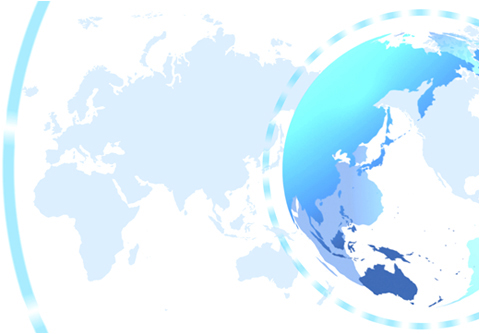Europe's Multilateral Security Cooperations in Asia 2021.08.05
On July 30, China warned the United Kingdom not to carry out any “improper acts” as its carrier strike group led by the new HMS Queen Elizabeth entered the South China Sea. The HMS Queen Elizabeth is now currently on her way to Japan.
In recent years, leading European nations stepped up their security commitment in the Asia Pacific region. This time, the British aircraft carrier is accompanied by a Dutch frigate. Earlier in 2021, the French armed forces held joint drills with the Japanese Self Defense Forces and the US military.
These efforts are directly related to the expanding influence of China in international affairs and to how the Europeans have increasingly come to see the diplomatic and political practices of the Chinese Communist Party as detrimental to the current international order.
But why so late, and why now? After all, many of the concerns expressed by European leaders in joint communiqués at EU or NATO conferences over China’s foreign policy have remained relatively consistent over the last decade. But while the US approach towards Beijing rapidly switched from tentative engagement to prudent containment, it appeared as if European nations hedged for as long as they could.
There are several reasons for this. Europe long sought to accommodate China, its second largest trading partner. More importantly, the Europeans often failed to act in unison. Even now that major European actors are finally rallying behind a seemingly united front, the fear of losing profitable markets or missing out on enticing foreign investments continue to divide them, luring mavericks such as Hungary into wooing China. Europe also had its own challenges to deal with, ranging from migration, terrorism, or a particularly complicated situation in the Ukraine. Last, European leaders remained relatively indifferent to some of China’s actions. Maritime territorial disputes are one such example. Unlike the US – a major naval actor in the region throughout the Cold War and beyond – post-war Europeans never showed profound interest for those distant disputes. Hence, Europe preferred to limit its interventions to carefully worded declarations exhorting parties to resolve disputes peacefully and abide by the rule of international law.
In recent years however, Europeans have grown more adamant. France and the UK, as the sole European nations with a modicum of power projection, have led the way. Several key elements help explain the timing of this shift. First, several issues have aggravated China’s already damaged image. The repeated attacks of Beijing on the democratic institutions of Hong Kong have sparked an outcry throughout the West, and most particularly in the UK. The internment of Uyghur has also severely harmed China’s image. In the eyes of the European public, the treatment of the Uyghur population could only be construed as a cruel reminder of Europe’s own darkest moment in contemporary history. These events alone may explain why recent opinion polls show a sharp increase in negative views of both China and Xi Jinping. Second, Europeans have also become increasingly uneasy with some of China’s practices on their own soil. A rising number of high-profile cases of industrial and political espionage, China-based cyber attacks, or aggressive Chinese diplomats acting as “wolf warriors” led Europeans to the realization that Asia was not as distant as they thought it was. Last, as the Sino-American competition continues unabated, the Europeans may have felt like hedging, buck-passing, or bloodletting were no longer viable options.
What remains to be seen is how far will the Europeans go in asserting their newfound resolution. Few European nations have the capability to dispatch military forces in Asia on a regular basis. For now, symbols matter more than anything else. But should the situation worsen, will Europe find the strengths to stand by its commitments?



